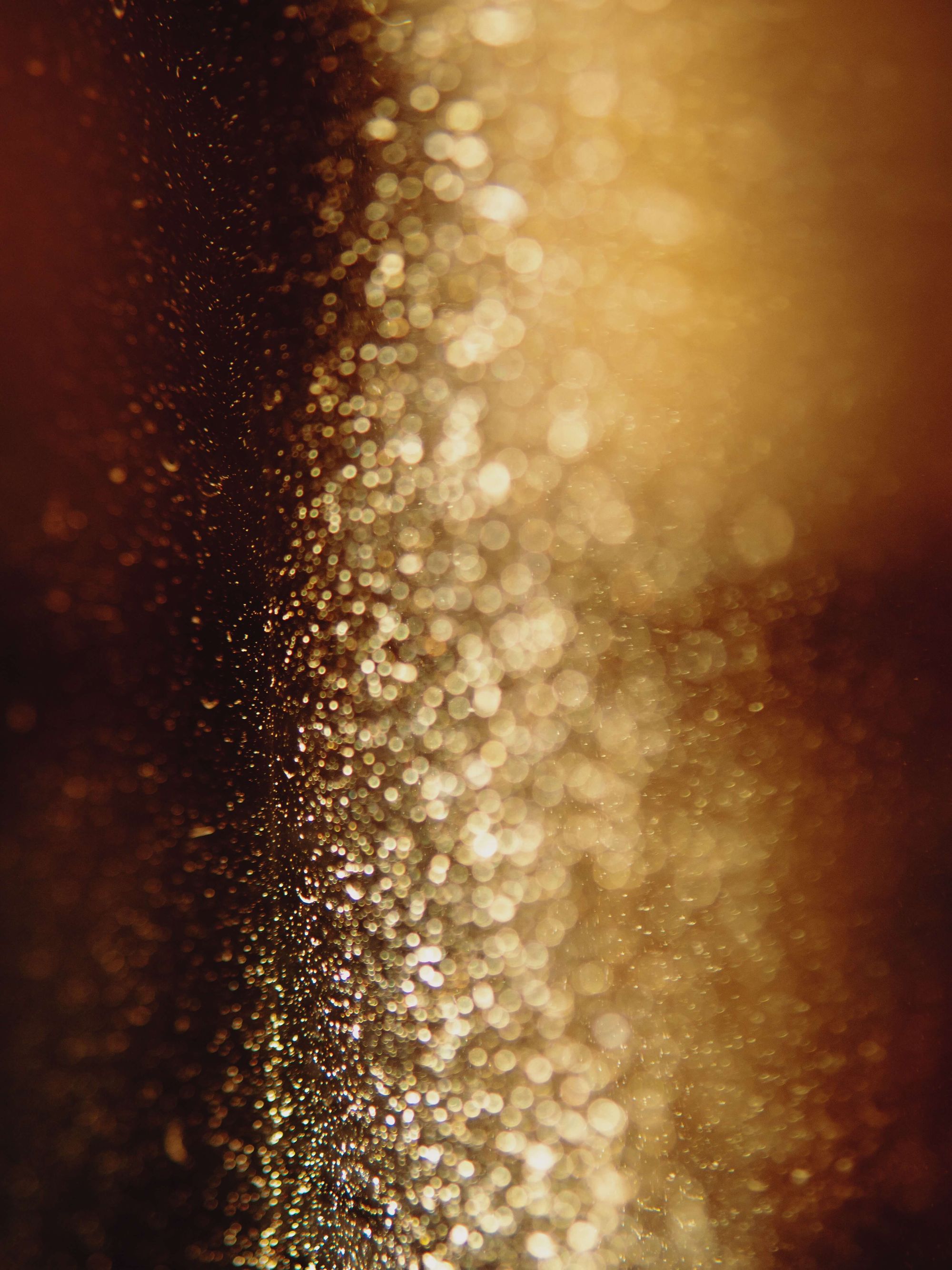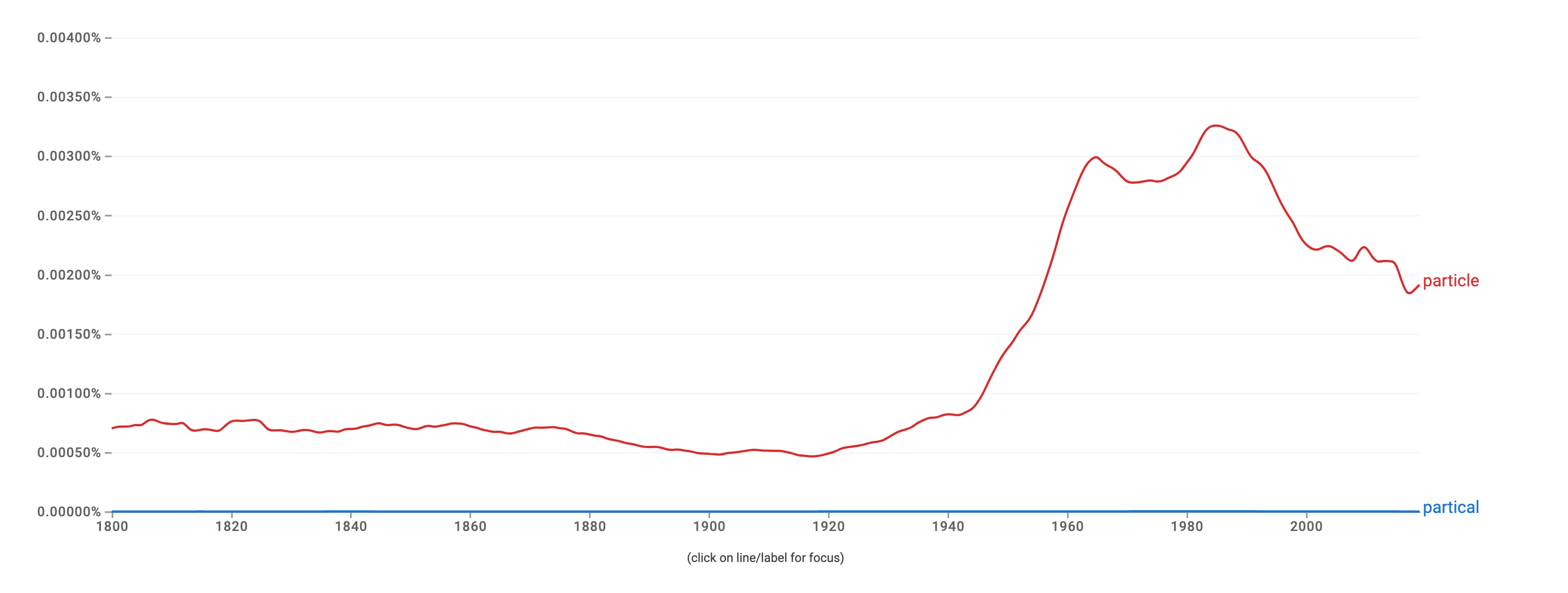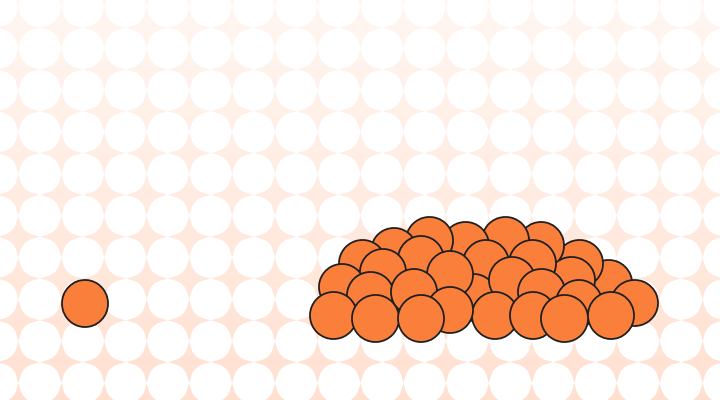- "Partical" is the incorrect spelling of "particle."
- A "particle" is a tiny, indivisible unit of matter that can exist independently or as part of a larger structure, and it may exhibit properties such as mass and energy.
❌ In the partical accelerator, scientists study the behavior of subatomic particles at incredibly high speeds to unlock the mysteries of the fundamental building blocks of the universe.
✅ In the particle accelerator, scientists study the behavior of subatomic particles at incredibly high speeds to unlock the mysteries of the fundamental building blocks of the universe.
In this sentence, "particle" refers to the minute, indivisible units of matter, specifically subatomic particles, that scientists observe and analyze within the particle accelerator.
Particle
Part of speech: Noun
Definitions:
- a minute portion, fragment, or piece of something.
- Example: A particle of dust danced in the sunlight.
- a tiny, individual unit of matter, especially one that is much smaller than an atom.
- Example: Electrons are subatomic particles that orbit the nucleus of an atom.
- a small, discrete unit of information or data.
- Example: The message was transmitted in a series of binary particles.
- (physics) a small, localized disturbance in a field, such as a light or sound wave.
- Example: The water molecules vibrated in response to the sound particles.
- (grammar) a word that functions as a unit of meaning within a phrase or sentence.
- Example: "The" is a definite article, a type of particle.
From Late Latin "particula," meaning "a small part, a particle."

Examining the graph below, we can see that "particle" is used more frequently than "partical." Interestingly, the word "particle" had experienced a surge in use during the 1940s.

How do we pronounce particle?
In American English, "particle" is pronounced paar·tuh·kl.
In British English, "particle" is pronounced paa·tuh·kl.
These are just the standard pronunciations, and there may be slight variations depending on regional accents and individual speech patterns.
🖊️ Adsorption vs. Absorption
🖊️ Independent vs. Dependent Variable
Why does the misspelling of particle as partical occur?
1. Phonetic similarity: The "le" and "al" sounds in "particle" and "partical" are very similar, especially in casual speech or when spoken quickly. This can lead to confusion and accidental misspellings.
2. Oversimplification: Some people might believe that "partical" is a simpler or more intuitive spelling, especially for younger learners or those with limited exposure to formal writing.
3. Lack of exposure: If someone encounters "particle" primarily in spoken language or informal writing, they might not have enough exposure to the correct spelling to solidify it in their memory.
4. Influence of other words: Words like "partial" or "particular" with the "ar" sound might subconsciously influence someone to spell "particle" incorrectly.
If you want to prevent any grammatical or spelling errors, you can get the help of an AI proofreader.
Other misspellings of particle
Below are other common misspellings of "particle," other than "partical."
- Particel: This misspelling replaces the "e" with an "el" ending, possibly due to confusion with other words like "parcel" or the influence of some regional pronunciations.
- Paricle: This omits the final "e," potentially for simplification or due to confusion with words like "circle" or "prickle."
- Particule: This adds an unnecessary "u," perhaps influenced by words like "molecule" or "minute" where the "-cle" ending often accompanies a "u" sound.
- Particalr: This adds an unnecessary "r," possibly for emphasis or due to confusion with similar words like "particular."
Example sentences for the misuse of the word particle as partical
Below are example sentences highlighting that "partical” is an incorrect spelling.
- The correct spelling is "particle," not "partical."
- It appears there may be a spelling error; the accurate term is "particle," not "partical."
- Please note the correct spelling is "particle," and not with an additional "a" as in "partical."
- I believe there's a slight mistake in spelling; it should be "particle," not "partical."
- Just to clarify, the proper spelling is "particle," without the extra "a" seen in "partical."
Example sentences for particle
- In the experiment, scientists observed the trajectory of each subatomic particle as it collided with others in the particle accelerator.
- Dust particles danced in the sunlight streaming through the window, creating a mesmerizing display.
- The air purifier effectively filters out airborne particles, improving the quality of the indoor environment.
- The artist used tiny particles of glitter to add a sparkling effect to the painting.
- Researchers discovered a new particle during their exploration of the cosmos, expanding our understanding of the universe.
- When you burn wood, it releases smoke particles into the air, contributing to air pollution.
- The vacuum cleaner efficiently sucked up even the tiniest particles of dust from the carpet.
- Particle physics explores the fundamental nature of matter and the forces that govern particles at the quantum level.
- Raindrops are formed when water vapor condenses around microscopic particles in the atmosphere.
- The electron is a fundamental particle with a negative charge that orbits the nucleus of an atom.
Synonyms for particle
Minute piece:
- Fragment, speck, grain, jot, tittle, iota, atom, molecule, mote, crumb, shred, snippet, sliver, scintilla, bit, morsel, smidgen, smidgeon, dash, speck.
Subatomic unit:
- Electron, proton, neutron, quark, boson, lepton, hadron, gluon, neutrino, muon, tauon, charm quark, bottom quark, strange quark, top quark.
Unit of information:
- Bit, byte, nibble, word, flag, packet, datagram, cell, block, record, field, chunk, token, element, unit, value.
Disturbance in a field:
- Wave, pulse, ripple, wave packet, phonon, photon, vibration, oscillation, perturbation, fluctuation, wiggle.
Grammatical unit:
- Morpheme, lemma, affix, stem, clitic, determiner, pronoun, preposition, conjunction, adjective, adverb, auxiliary verb, main verb, modifier, constituent.
Want to sound like a native speaker?
Engram’s AI-powered grammar checker makes your English sound like a native speaker’s, suggesting natural English expressions on top of fixing grammar, spelling, punctuation, word order, and vocabulary.

References:














